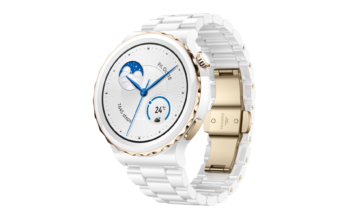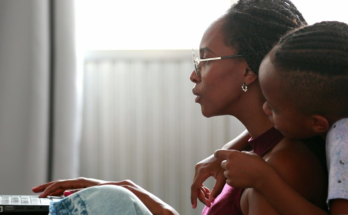
This pandemic has provided parents with a grab-bag of things to worry about on any given day. There’s the obvious concern about our children (or ourselves, or their grandparents) actually contracting the virus. There is the toll that isolation may be taking on their mental health. The lack of in-person connection to their friends. The loss of favorite activities and the missing of important milestones. And then there’s the worry about falling behind academically, like a good old-fashioned “summer slide,” multiplied by a lot. That last is the worry I’d like to pick apart today.
Perhaps if all kids were expected to slide at the same rate, such a regression wouldn’t be too concerning. But what is much more likely to happen is that the already-problematic achievement gap among students is going to get even wider. As Maya King and Nicole Gaudiano write for Politico:
In wealthy neighborhoods across the country, some students are safely continuing their education via small “learning pods,” where some affluent parents shell out hundreds or even thousands of dollars for private instruction. It’s driving concerns that wealthier kids, many of whom live in predominantly white neighborhoods, are getting an unfair advantage.
The split is emblematic of a core truth of the American public education system: Gaps in access to school resources fall along racial and socioeconomic lines, and that gap has been magnified during virtual schooling. Majority nonwhite school districts receive an average of $23 billion less than predominantly white school districts, despite serving roughly the same number of students, according to a 2019 study from EdBuild, a school funding research group that closed in June.
There are a couple of things parents can do—or attempt to do. Keep a closer eye than usual on the curriculum and talk to their teacher about which assignments or skills need to be prioritized. If kids are overwhelmed or you’re strapped for time, maybe it makes more sense to skip that science experiment video and focus instead on the math homework.
Parents can also ask for a few supplemental materials to work through over holiday breaks to keep academic skills fresh and not risk sliding even more. Their teacher is likely to know where a student is struggling, even if you don’t, and they can point you toward focusing on something simple but helpful, like additional reading time.
G/O Media may get a commission
Even those solutions benefit parents of privilege, though—parents who have the time and the means to address the situation at all. But the bottom line is that a person cannot conjure up wifi where there is none or purchase a Chromebook with money they don’t have. A single parent who is already working two jobs will not magically find hours in their daily schedule to help their struggling kids with classwork.
I am concerned about my own son falling behind where he should be, and he has the luxury of having all the necessary equipment, as well as two parents who are working from home and can help him as needed. The same cannot be said for so many other children.
Tell us in the comments: Are you worried about the “COVID slide” for your own kids or other kids in your community? If so, how are you combatting it?
Meet the smartest parents on Earth! Join our parenting Facebook group.



